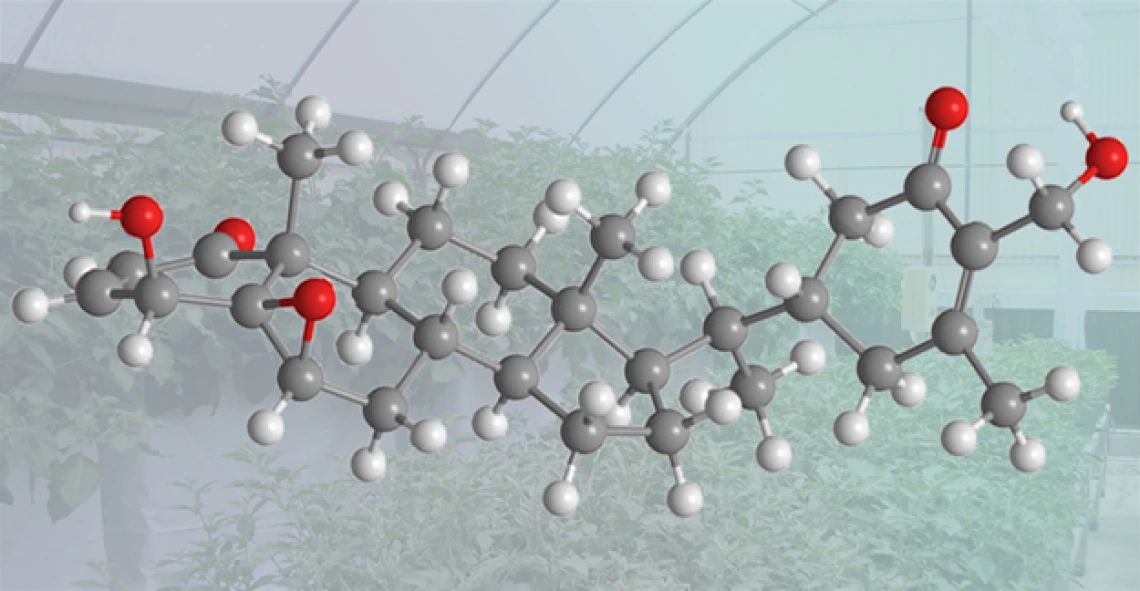UA, Whitehead Institute Startup to Discover New Drugs for Neurodegenerative Disease

Tucson, Ariz. – It is estimated that neurodegenerative diseases like Alzheimer’s disease, Parkinson’s disease and amyotrophic lateral sclerosis (ALS, also known as Lou Gherig’s Disease) affect over 55 million people worldwide. As of today, there are no approved disease-modifying therapies available, but to develop treatments for these diseases, Yumanity Therapeutics, Inc(link is external). of Cambridge, Massachusetts, has licensed a prodrug and its analogues invented at the University of Arizona.
Yumanity, a startup company formed in 2015, will use the prodrug invention alongside other technologies as a robust platform for discovering new treatments for these diseases.
Organizations that have contributed to the Yumanity platform along with the UA include the Whitehead Institute for Biomedical Research at MIT, the University of Chicago, the University of Missouri, the University of Washington and Pfizer, Inc.
The world-renowned Whitehead Institute(link is external) – co-inventor of the new prodrug technology – is dedicated to improving human health through basic biomedical science.
“I am delighted that the work by Whitehead scientists and their academic collaborators such as UA will be translated into therapies for humankind’s most devastating diseases,” says Carla DeMaria, director of intellectual property and sponsored programs for the Whitehead Institute.
Yumanity is already on a strong path to success. In February 2016, the company closed on $45 million in series A financing from leading life sciences investors.
Building on basic knowledge to make discoveries in this field requires an understanding of how cells work to build and fold proteins, as well as how errors occur in that process. It is those folding errors that result in these neurodegenerative diseases.
In 2009, four UA researchers brought a new invention to what was then the Office of Technology Transfer. Today, as Tech Launch Arizona, that UA office is commercializing the inventions stemming from University research and working to build a robust ecosystem to create social and economic impact.
At that time, the inventors – Dr. Leslie Gunatilaka, professor of Arid Lands Studies, member of the BIO5 Institute(link is external) and director, Natural Products Center of the School of Natural Resources and the Environment (SNRE); Dr. E.M. Kithsiri Wijeratne, assistant research scientist at SNRE; Dr. Yaming Xu(link is external), research associate at SNRE; and Dr. Dennis Ray from the School of Plant Sciences – had produced a new compound with properties that held great potential for drug discovery.
The discovery was a prodrug called withaferin A, a compound that the body would metabolize resulting in a drug. A natural product first isolated from the Winter Cherry, withaferin A is a potential inhibitor of angiogenesis; it inhibits the growth of new blood vessels. Production of the prodrug by an innovative aeroponic technique of plant cultivation also led to the synthesis of a large number of withaferin A analogues.
Maybe more importantly, withaferin A and its analogues are heat shock-inducing compounds; they assist in protein folding, and have the potential to prevent or even repair errors in that process – the very errors that lead to neurodegenerative disease.
“Although it is too early to say if our discovery will lead to a useful therapeutic agent for neurodegenerative diseases, we are thankful to Yumanity for the company’s willingness to take it one step closer,” said lead inventor Gunatilaka.
Tod McCauley, the TLA licensing manager for the UA College of Agriculture and Life Sciences, is also excited about how the process has come together.
“TLA is eager to partner with Whitehead to develop new tools that target protein misfolding,” says McCauley. “This innovation – with more on the way – is moving us forward as we search for novel therapies to combat these devastating neurodegenerative diseases.”

